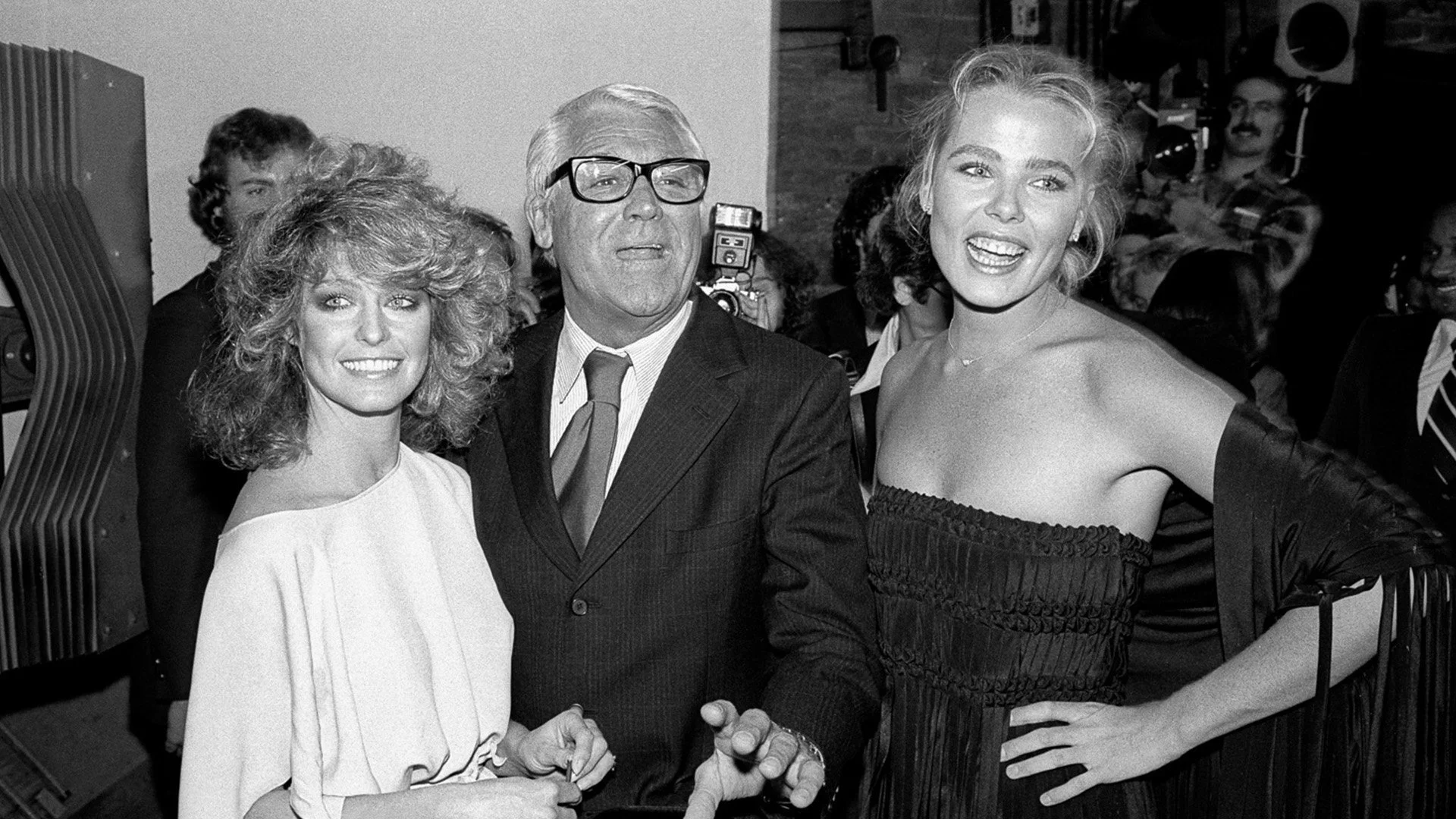Studio One Forever
West Hollywood's gay mecca, America’s first gay disco, is celebrated in Marc Saltarelli’s energetic, adventurous documentary.
Image courtesy of Kaleidoscope Film Distribution.
When Marc Saltarelli started to film this documentary about West Hollywood’s Studio One, reputedly America’s first gay disco (it opened in 1974), its site had been authorised for development. It was an approval that was challenged in the belief that this building was a key part of gay history in that country. Admittedly New York’s celebrated Studio 54 is better known internationally, but, as is pointed out in this film, that venue in its first and most celebrated incarnation lasted for only three years whereas Studio One was open for nineteen.
Studio One Forever lives up to its title by being a celebration of the venue that was created by Scott Forbes who survived the life of his club and died in 2002 at the age of 57. Replete with pictures of events at Studio One and at its adjoining music and dining venue The Backlot that vividly recall its heyday, the film remembers it as a vital place where gay people could be themselves and which also became a popular spot for celebrities eager to demonstrate Hollywood's liberal side. If Rock Hudson and Elton John might be seen there, one was no less likely to encounter James Stewart or Eartha Kitt. But the dance floor itself remained strictly gay and images abound of hunky young men stripped to the waist and displaying their bodies.
One has the impression that in making this film Saltarelli particularly had in mind younger gay men of today who may be unfamiliar with the club’s history and those much older for whom the film will evoke a past era with which they were familiar. Fittingly the contributors filmed for this documentary mainly feature those who were youthful employees or patrons of Studio One or who otherwise contributed to the entertainment staged there. Even when mention of poppers or cocaine come up the tone is never in any way apologetic but quite the reverse.
If Studio One Forever very much comes across as a film for gay audiences, that is because for the most part the history of the club was lacking in big dramatic events but also on account of the film choosing not to delve too deeply. It is certainly the case that the film runs to a lively disco beat but then it changes during its last third. The mood inevitably darkens because the circumstances that would eventually lead to the closure of Studio One developed out of the tragic arrival of Aids which towards the late 1980s was not only cruelly cutting down former habitués but increasingly discouraging the survivors from attending as of old. In facing up to the bad side of things, the film does have one man, Harlan Boll, recalling the homophobic killing of a friend in a nearby park when he was present, but even so by the film's close the celebratory mode has been rekindled.
The pacing of the film is energetic but this partly stems from having so many interviewees who, even in the case of those who return to the screen several times, comment rather briefly. Less contributors and more detailed personal recollections would have helped the film to sustain its impact for a wider audience. It feels all too characteristic when the film acknowledges yet fails to investigate in-depth accusations that were made against Scott Forbes. It was claimed that he would sometimes unreasonably deny access to certain people and in particular that he had a policy of discouraging non-whites from entering. If the character of the place made it a venue essentially for men, the discrimination over colour surely calls for more examination.
Saltarelli’s film is sometimes adventurous (there is even a use of animation on occasion) and is often lively but, even though it builds up a special show reunion at The Backlot in 2019 and emphasises the tension over the challenge to prevent the demolition work, the movie lacks the depth and weight that a closer study of the gay context in Hollywood in the days of Studio One could have provided. Nevertheless, what Saltarelli has opted for instead, albeit of more limited value, may well prove exactly what will please many gay viewers: there will be those who will love this movie.
MANSEL STIMPSON
Featuring Lloyd Coleman, John Duran, Ron Hamill, Michael Koth, Gary Mortimer, Gary Steinberg, Bruce Vilanch, Thelma Houston, Roslyn Kind, Chita Rivera, Julie Budd, Melissa Rivers, Felipe Rose, Harlan Boll, Lance Bass, James ‘Gypsy’ Haake, Charlo Crossley, Leigh McCloskey, Jude Edwards, Liz Torres.
Dir Marc Saltarelli, Pro Stephen Israel, Marc Saltarelli, Michael Alden, Michael Roth, Lloyd Coleman, Gary Steinberg, Christopher Isaacson, Steve Saltarelli, John J.Duran, Loree Gold and Steve Masterson, Ph Kenneth Yeung, Phillip Arroyo Long and Marc Saltarelli, Ed Marc Saltarelli, Music Kerry Muzzey and Jake Simpson, Animation Chris Wheelz Curry.
Studio One Productions/Line 9 Productions-Kaleidoscope Film Distribution.
96 mins. USA. 2023. US Rel: 13 September 2024, UK Rel: 18 October 2024. Cert. 15.


